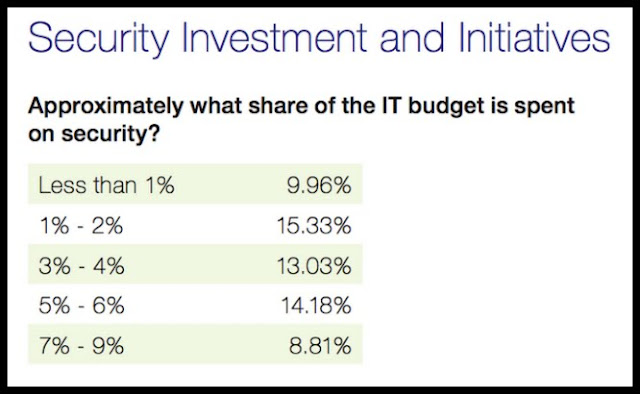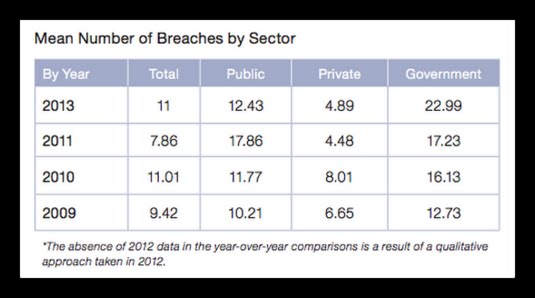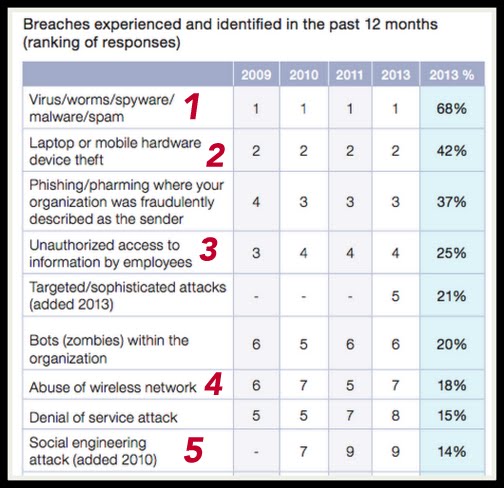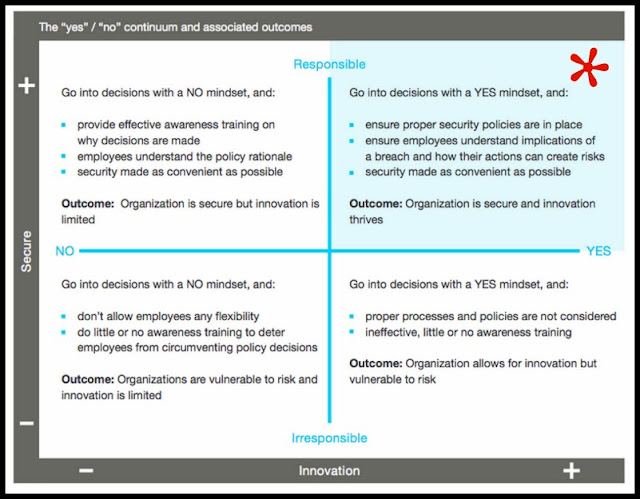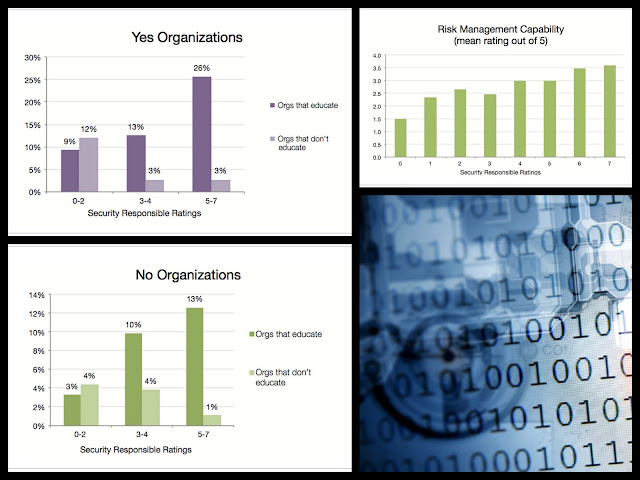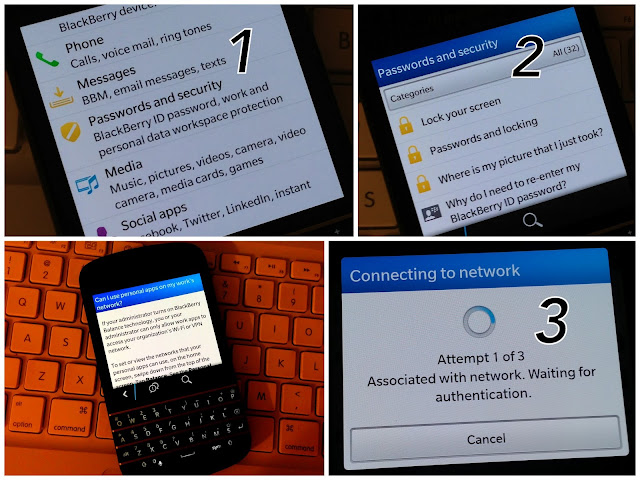About 3 – 6% of your annaul IT budget should be allocated to security.
That’s the finding of the 2014 TELUS-Rotman IT Security Study. Which also found that spending more didn’t necessarily equate to better security. Spending less is an obviously bad idea.
Unfortuantely, the security budget is usually the first thing to get cut. Which makes no sense, because why bother building something, if you’re not going to protect it?
Moreover, as a small business owner you have a responsibility to protect your customer’s information, especially if you’re processing credit card numbers.
How much are you currently spending?
Compare yourself to the rest of Canada:
About 30% of organizations spend the minimum, I hope you’re higher than that.
Protect your kingdom guys!
Because always remember,
it’s not IF you’re breached, it’s WHEN.
Blog tag = TELUS Security
***
This is an excerpt from my interview with Hernan Barros, Directory of Security Solutions at TELUS, and Walid Hejazi, Associate Professor, Rotman School of Management, University of Toronto, about their new study, the 2014 TELUS-Rotman IT Security Study.
More about that here.

